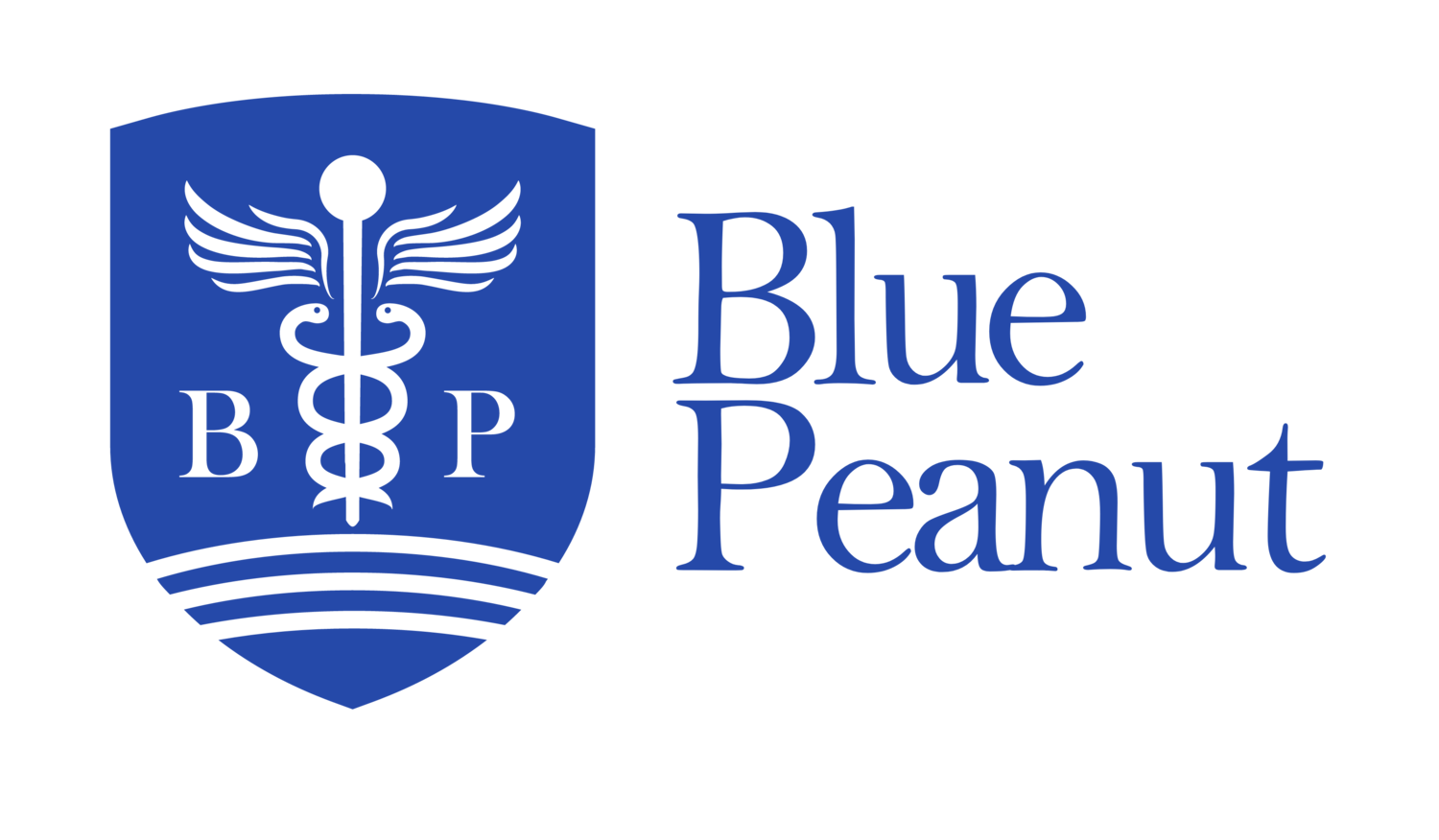The effect of Brexit on the NHS
The NHS became a political battleground during the 2016 Brexit vote, with Boris Johnson's campaign bus claiming, "We send £350 million a week to the EU. Let's fund our NHS instead." This promise was misleading, and the funds have not materialised. In addition, the real figure for the UK net transfer to Brussels was much smaller, and projections showed that any savings were more than cancelled out by the economic hit of a hard Brexit.
In 2019, the government pledged an increase of £33.9 billion to the NHS budget by 2024. Brexit has led to new customs checks, a shortage of lorry drivers, and an end to mutual recognition of professional qualifications, impacting NHS staffing. A Nuffield Trust report in 2022 highlighted the loss of over 10,000 EU healthcare staff. Increased recruitment from outside the EU has not fully mitigated this shortfall, particularly in cardiothoracic surgery and anaesthetics, straining remaining staff. Drug shortages have also increased costs. However, in 2023, the Prime Minister secured UK participation in the EU's Horizon Europe research program until 2027.
Customs and Logistics
New customs checks and paperwork caused initial delays and complications, impacting the import of medicines.
Staff Shortages
A 2022 report revealed a loss of over 10,000 EU healthcare staff. Increased recruitment from non-EU countries hasn't fully compensated.
Since Brexit, recruitment has significantly slowed in crucial medical specialities highly dependent on EU migration. This has led to severe shortages, and no adequate alternatives have been found. The affected specialities include heart and lung surgery, anesthesiology, and psychiatry.
New nurses arriving from the EU and EFTA states slowed to near zero immediately, and dental recruitment entered a prolonged slowdown, which was exacerbated in both cases by a new language testing regime. The reaction of successive governments has been to repeatedly reform visa rules to enable a very high recruitment rate from Africa and Asia.
Figures from the Nursing and Midwifery Council (NMC) show that almost 5,000 nurses and midwives from EU countries left the NHS between 2017 and 2019, with many citing Brexit. Despite an increase in non-EU nurses and midwives, NHS England faced a shortage of over 40,000 nurses in 2017, straining the workforce. The number of European workers is expected to decline further due to stricter immigration laws, declining sterling value, and the 'seven-day NHS' initiative. By October 2021, up to 20% of nursing vacancies on some wards remained unfilled, with a significant drop in European recruits, including a more than 90% decrease in new nurses from the European Economic Area joining the NMC register.
Professional Qualifications
The end of mutual recognition of qualifications could worsen staffing issues. The UK recognises EEA qualifications for two years without reciprocity.
Education and Training
EU/EEA students now pay international fees, which may deter them from UK medical studies and careers. Previously, they were eligible for the same loans and grants as UK students. Those who began their studies before the end of the transition period will retain their eligibility. In the future, EU/EEA students will face higher international tuition fees, and UK students will likely lose access to lower-cost or free EU tuition. To replace ERASMUS+, the UK has launched the Turing Scheme, funded with over £100 million, to support around 35,000 students in international placements and exchanges.
Drug Costs
Drug shortages have increased prices, increasing NHS financial pressures. The number of medicines for which the Department of Health and Social Care has agreed to pay higher prices to maintain supply has increased from around 20 a month before the referendum to consistently over 100. Multiple serious shortage protocols have been in force, allowing pharmacists to rewrite GP prescriptions due to shortages.
In preparation for Brexit, the UK built a stockpile of drugs and medical supplies, but these reserves were depleted during the coronavirus pandemic. Due to border disruptions and delays, the pharmaceutical industry warned that rebuilding these stockpiles could become problematic during the post-transition period.
While some of these issues are part of a global trend also seen in the EU, the UK has experienced especially consistent supply problems, which began earlier than those in the EU.
Despite high-profile decisions around vaccines, Brexit has not resulted in faster access to new medicines. In Autumn 2022, we found that 9 of the last 20 drugs approved by the EU had yet to reach UK markets. There were no clear examples of faster UK approvals during a similar period, although it has occasionally occurred.
Research
In September 2023, UK scientists gained access to the EU's Horizon Europe research program until 2027, securing funding opportunities.
Ethical and Financial Concerns
Recruitment Ethics: Recruiting from countries with their own healthcare shortages is problematic.
Conclusion
Brexit has significantly impacted the NHS, with challenges in staffing, logistics, and costs, alongside new opportunities in research funding. The full extent of these changes may not yet be realised.
Gain the knowledge and skills you need for medicine interviews and practice with expert feedback on your performance on our Medical School Interview Course.
We want to help you turn those interviews into offers so you can focus on getting your A-level grades come summer.
Practice 40 MMI stations under exam conditions and get expert feedback on your performance on our Mock MMI Circuits.
Learn where you went wrong and how you can put it right so you don’t make mistakes on the real thing when it counts. Examiners are not your friends.








